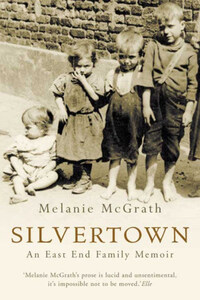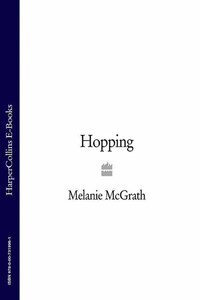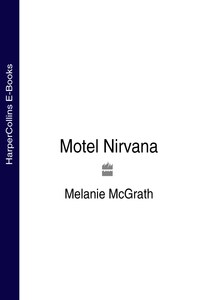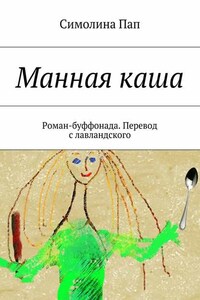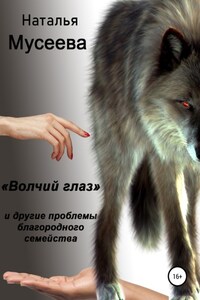You could say that Jenny Fulcher led a very ordinary life. She grew up, worked, married and had children. Her life was subject to the usual disquiets and worries. She fretted over her debts. She worried for the future. Every so often, lying in bed in the flat dawn light, she would wonder what the point of all the struggle was. And then she would get up and make a pot of tea and get on with it. Sometimes a voice in her head whispered that she was a bad wife and a poor mother. Other times the voice soothed and said she had done her best. From time to time, she wondered if anyone had ever really loved her. A few small comforts kept her going: tinned red salmon, cheap perfume and the scandal stories in Reveille magazine. She loved TV soaps and flowers – freesias and violets in particular. She knitted and sewed patchwork and converted the results into tea cosies. Over the nine decades of her life she made enough tea cosies to cover all the teapots of England.
It was the kind of life that could have belonged to a thousand women living in the mid years of the twentieth century in the East End of London. Except that it didn’t. It belonged to Jenny.
Jenny’s turn in the world began in 1903 in Poplar. The death of Queen Victoria two years earlier had ended an era, but remnants of the old century persisted. Women still wore corsets and horses still pulled hackney carriages. The streets still mostly unlit and as slippery as a snake pit. The East End had a grim reputation, and for the most part it was deserved. In the same year Jenny was born, Jack London visited the place and wrote a book about what he saw. He called it People of the Abyss.
My grandmother Jenny grew up in that Abyss. To be an East Ender then was to be among the lowest of London’s poor, but Jenny never thought of herself as low. To Jenny, there was only respectable and common and by her own account she was respectable. This had nothing to do with money – no one in the East End had much of that; it had to do with blood and conduct.
Jenny was salty and wilful, as thin and prickly as the reeds that once grew where she was born. Her heart was full of tiny thorns, which chafed but were never big enough to make her bleed. Vague feelings drifted about her like mist: bitterness, resentment and rage, mostly. Life was as much a mystery to her as she was to herself. She’d spend hours plotting how to squeeze an extra rasher from the butcher, but on the bigger issues she was helpless. She grasped the details without understanding anything of the general rules. She never had the means to manage her life and so was destined to be bent in the shape of desires, urges and ambitions greater than her own.
All the same, when her face lit up it was like a door swinging out into sunshine. There was something irrepressibly naughty about her. You’d imagine her standing behind your back poking her tongue out at you. She revelled in playing the martyr but was comically bad at the part. She’d insist on giving you the last piece of cake, then reach into her handbag when she thought you weren’t looking, pull out a huge bar of chocolate, stuff it in her mouth all at once and pretend she had a cough and couldn’t talk. Her luxuriant moaning had to be witnessed to be believed. On bad days everything from her kidneys to her knitting cost too much, ached like geronimo or was doing its best to rip her off.
No life is without its joys, though, and Jenny Fulcher harboured two great passions. The first of these was the crystallised juice of an Indian grass, Saccharum officinarum L., otherwise known as sugar. She favoured the bleached, processed, silvery white stuff, in crystal form or cubes. She spooned it into her tea in extravagant quantities and whenever she thought no one was looking, she’d lick a bony finger, dunk it in the sugar bowl and jam it into her mouth. She was partial to biscuits, cakes, marmalade, tarts and chocolate too, but sweets were really her thing. Over the course of her life, thousands of pounds of Army and Navy tablets, barley sugars, candyfloss, Everton mints, Fox’s glacier mints, humbugs, iced gems, jellies, liquorice comfits, Mintoes, nut brittle, orange cremes, pralines, Quality Street, rhubarb and custards, sugared almonds, Toblerone and York’s fruit pastilles, met their sticky end on my grandmother’s sweet tooth. Sugar was both lover and friend. It had the capacity to seduce, and also to keep her company. Her life went sour so quickly she relied on sugar to lend it sweetness. Sugar was the only thing she had the courage to make a grab for. Even after her hearing went she was never quite deaf to the rustling of humbug wrappers. When her sight failed she could still spot a Fry’s Chocolate Crème bar lying on a table top.
